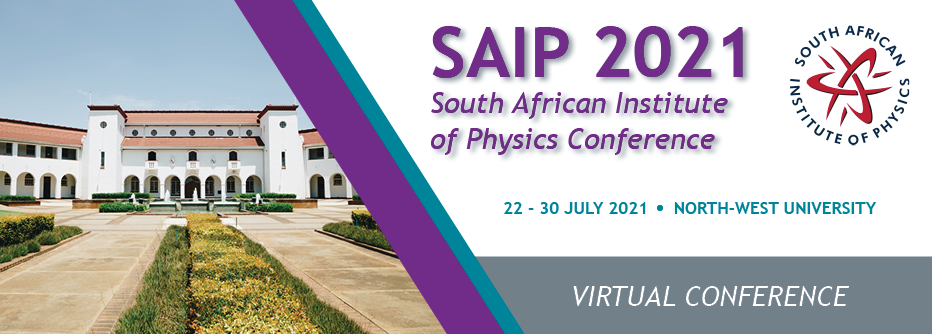Speaker
Description
Generally, one expects to find accretion disks around massive objects since their gravity is able to pull in surrounding gas, dust, etc. toward themselves. Such astrophysical objects include black holes and their binaries. However, as of yet, no circumbinary disks have been found around inspiralling stellar-mass black hole binaries related to LIGO events. Our aim is to try find a mechanism to explain why this is the case. We start by assuming that these binaries do indeed possess a circumbinary disk initially but that they, through some as yet-to-be-determined mechanism, lose their disk by the time the LIGO-observable inspiral begins. We perform a computational study of a Kerr binary black hole system, for masses in the LIGO regime. We do this to derive some properties of the circumbinary accretion disk. This is possible using a novel approach to numerical relativity calculations where the disk dynamics are studied with the help of recently developed analytical spacetime models. In this talk we discuss two types of analytical models which may be used to study the geodesics relating to two different metrics. That is, we compare asymptotic patching vs. asymptotic matching, which is used to build a global metric from subdivided metric pieces. We discuss preliminary results.
Apply to be considered for a student ; award (Yes / No)?
No
Level for award;(Hons, MSc, PhD, N/A)?
N/A

